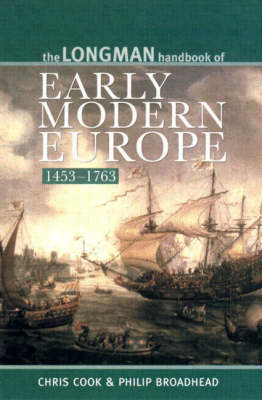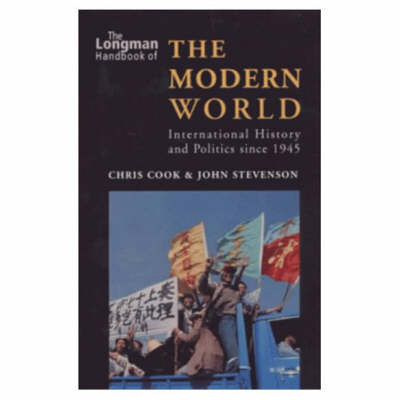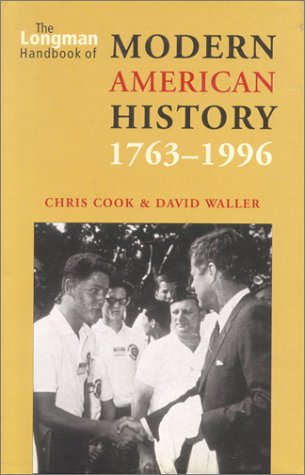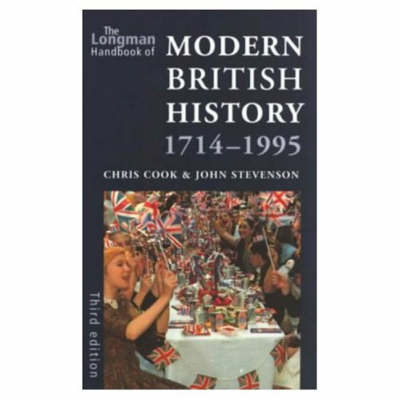Longman Handbooks To History
8 total works
Longman Handbook of Modern European History 1763-1997 COPY
by Chris Cook and John Stevenson
Longman Handbook of Modern European History, 1763-1991
by Chris Cook and John Stevenson
The Longman Handbook of Early Modern Europe
by Chris Cook and Philip Broadhead
Longman Handbook of the Modern World - Promotion
by Chris Cook and John Stevenson
Longman Handbook of Modern European History, 1763-1985
by Chris Cook and John Stevenson
The Longman Handbook of Modern American History 1763-1996
by Chris Cook and David Waller




